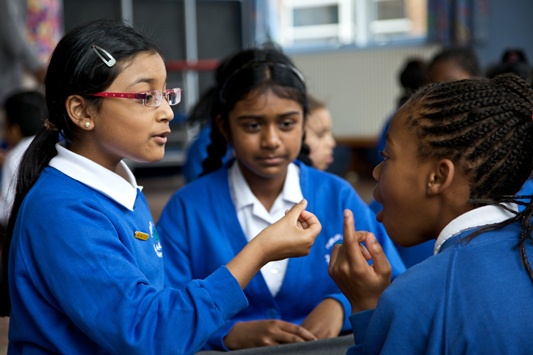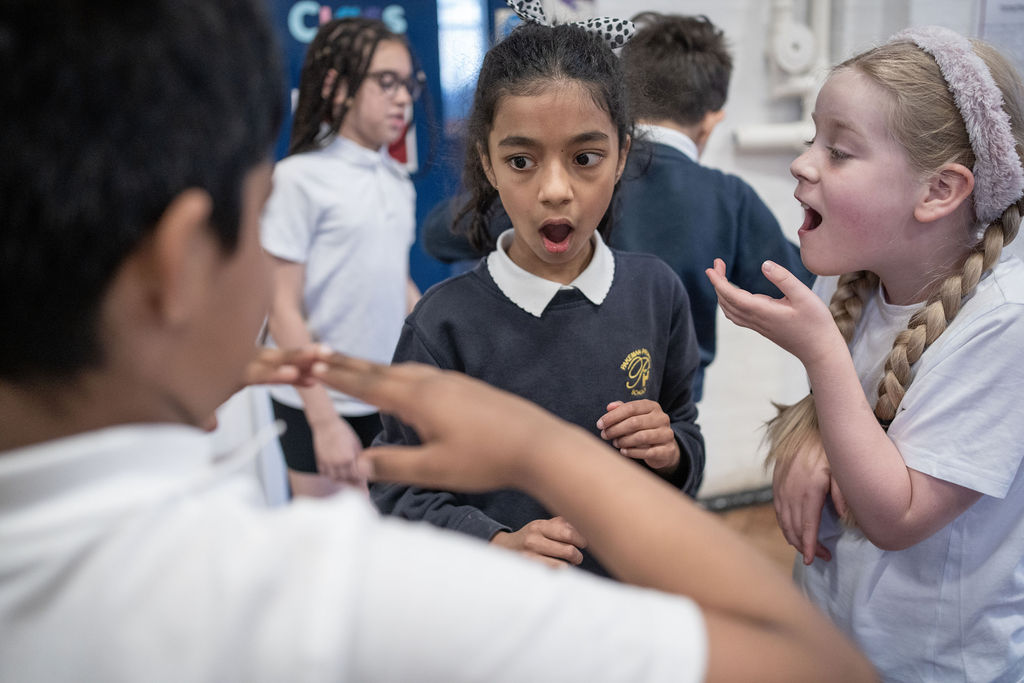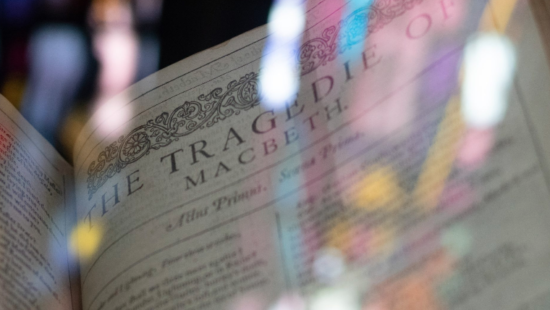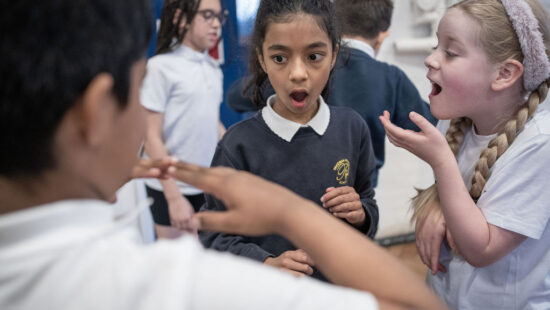The art of oracy

The art of oracy

Oracy is the word on educator’s lips, pun intended. Through my weekly meetings with Headteachers and Senior Leadership Teams this academic year, a major theme has been the huge gap in speaking skills, particularly since the pandemic. Research suggests[1] that children from disadvantaged backgrounds have a significantly smaller vocabulary compared to their more advantaged peers. This vocabulary gap can hinder their ability to express themselves effectively and engage in meaningful dialogue.
The pandemic has exacerbated existing inequalities in education, including the oracy gap. Children from disadvantaged backgrounds may have faced additional barriers to remote learning, such as limited access to technology, and quieter home environments conducive to spoken language development.
Our partner schools tell us how their Artis programme is a necessary intervention to support oracy, communication, and confidence to bridge the gap. In our 22/23 end of year report, 97% of schools said that Artis had improved their children’s Communication, Confidence, Teamwork, Participation, and Creative Thinking.
“Artis is transformational in terms of language development, confidence building, emotional wellbeing support and development of curriculum understanding! Our children would not achieve as well as they do academically and creatively if they did have Artis.”
Emma Bonnin, Head Teacher, Pakeman Primary, Islington
“Children’s enjoyment of being creative has increased and the impact on their speaking and listening has been very positive.”
Sara Pecheur, Head Teacher, Wheelers Lane Primary, Birmingham
Three things to know about oracy
- Oracy is the ability to express oneself clearly and communicate effectively through spoken language. It is fundamental for academic and personal development, on par with reading and writing. This is a vital life skill, and so it is important we nurture oracy throughout school.
- Oracy includes listening, speaking, and engaging in dialogue. Research shows its positive influence on academic achievement, social interaction, and overall wellbeing. Proficiency in oracy has been proven to enhance performance in English, science, and maths[2] fosters critical thinking and empathy, and empowers children as effective communicators. Prioritising oracy supports children from disadvantaged backgrounds, promoting social mobility and future employability.
- Oracy forms a solid basis for learning and personal development. It enables children to articulate their thoughts, actively participate in discussions, and engage in collaborative learning. By expressing opinions, asking questions, and participating in debates, children become self-assured individuals. These skills are crucial for academic success, future employment, and meaningful relationships.

The Role of Performing Arts
Utilising the performing arts, particularly through music and drama, to enhance oracy skills can be highly effective. The open nature of these art forms provides a dynamic and engaging platform for children to develop their communication abilities. Here are a few ways in which the performing arts can support oracy:
Building Confidence: Music, drama and movement encourages children to step out of their comfort zone, promoting self-confidence in expressing themselves. By performing in front of their peers, children develop resilience, enabling them to communicate with assurance.
Developing Non-Verbal Communication: Artis sessions emphasise body language, facial expressions, and gestures. Through activities like role-playing and improvisation, children learn to convey meaning effectively, even without relying solely on words.
Enhancing Vocal Skills: Music and drama encourage children to explore the potential of their voices. Singing, recitation, and acting exercises promote vocal projection, clarity, and diction, enhancing their ability to communicate audibly and intelligibly.
Teamwork: Performing arts inherently involve teamwork, requiring children to communicate and coordinate effectively with their peers. Working together in a creative environment cultivates active listening skills, empathy, and the ability to respond constructively to others’ ideas.
Next steps
To find out how you can apply this practically, you can download our recent Teaching Resource via the link here. Artis Mentor Stuart (Chime) offer exciting, creative ideas to encourage communication, expression, performance, and language through some oracy focused activities.
About Artis
Artis Foundation offers primary schools a weekly programme that integrates performing arts into classroom learning, promoting oracy development in an engaging and inclusive manner. Artis Specialists design bespoke sessions that incorporate music, drama, and movement into the curriculum, aligning with learning objectives while fostering communication skills. By employing creative techniques, Artis provision encourages children to explore their voices, develop their confidence, and build strong oracy skills to empower children from all backgrounds to become effective communicators for school and beyond.
To find out more about partnering with Artis Foundation, please contact Carys (Cuckoo) or click here to download our brochure.
[1] The Communication Trust, Save the Children
[2] Ofsted and Education Endowment Foundation

